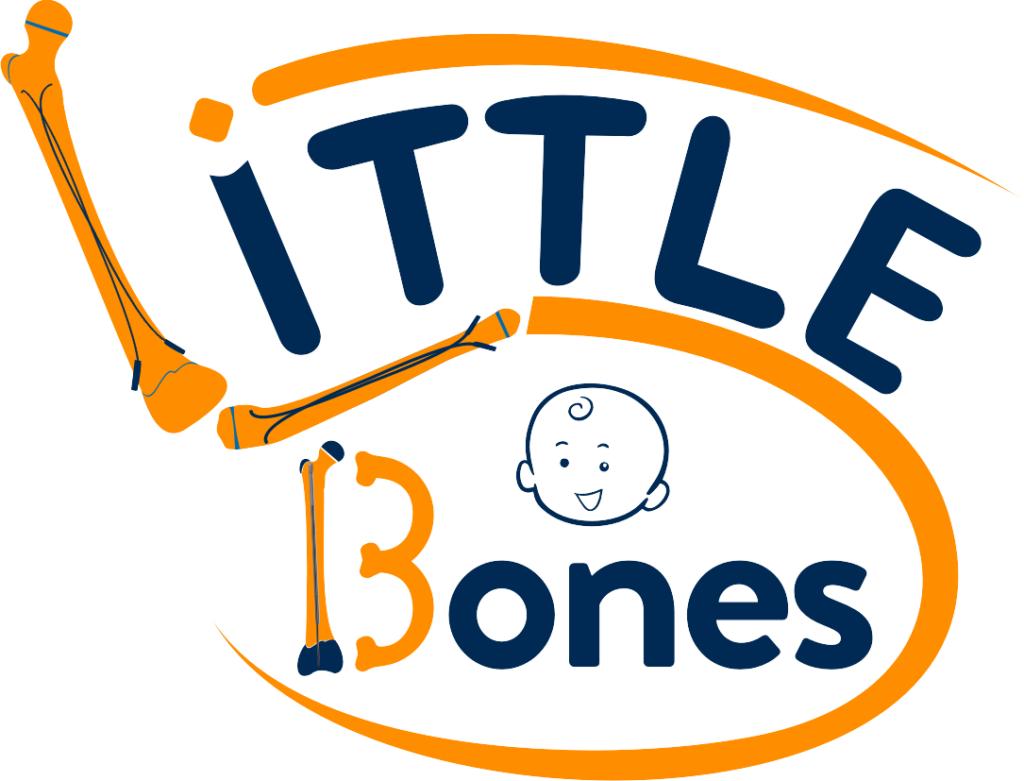Sequel of Osteomyelitis Treatment in Indore
Home » Sequel of Osteomyelitis Treatment in Indore
Doctor for Sequel of Osteomyelitis Treatment in Indore
Osteomyelitis is a serious bone infection typically caused by bacteria, often Staphylococcus aureus. While prompt treatment can resolve the infection, osteomyelitis may lead to long-term sequelae affecting bone structure, joint function, and overall musculoskeletal health. Understanding and managing the sequelae of osteomyelitis are essential for optimizing patient outcomes and preventing complications.
Treatment
The sequelae of osteomyelitis may vary depending on factors such as the severity of the infection, the affected bone or joint, and the patient’s overall health. Common sequelae include bone deformities, growth disturbances (in pediatric patients), chronic pain, joint stiffness, and recurrent infections. Treatment typically involves a multidisciplinary approach, including antibiotics, surgical intervention (such as debridement or bone grafting), physical therapy, and supportive care to address specific sequelae and restore musculoskeletal function.
Why Choose Us
At Little Bones, we specialize in the diagnosis, treatment, and management of bone and joint infections, including the sequelae of osteomyelitis. Our experienced team of orthopedic surgeons, infectious disease specialists, and rehabilitation therapists collaborates to provide comprehensive, personalized care tailored to each patient’s unique needs. With a focus on excellence and innovation, we strive to achieve optimal outcomes and improve the quality of life for children affected by sequelae of osteomyelitis.
Frequently Asked Questions
Common sequelae include bone deformities, growth disturbances, chronic pain, joint stiffness, and recurrent infections.
Diagnosis often involves a combination of clinical evaluation, imaging studies (such as X-rays, MRI, or CT scans), laboratory tests (including blood cultures and inflammatory markers), and sometimes biopsy or bone scans to assess bone health and detect any residual infection.
Treatment may include a combination of antibiotics, surgical intervention (such as debridement, bone grafting, or joint reconstruction), physical therapy, pain management, and preventive measures to reduce the risk of recurrent infections.
While some sequelae may be unavoidable, early and appropriate treatment of osteomyelitis can help minimize the risk of complications and long-term sequelae. Close monitoring, adherence to treatment regimens, and preventive measures (such as good hygiene and wound care) are essential for optimal outcomes.
Schedule an Appointment
If your child is experiencing sequelae from osteomyelitis or if you have concerns about bone and joint infections, please contact us to schedule a consultation. Our dedicated team is committed to providing compassionate, expert care to help your child overcome these challenges and achieve optimal musculoskeletal health.
Call Us
+917827028020
Email Us
drpushp@yahoo.com
Visit Us
219, Benchmark Business Park, Near Satya sai Square, Vijay Nagar Indore.
